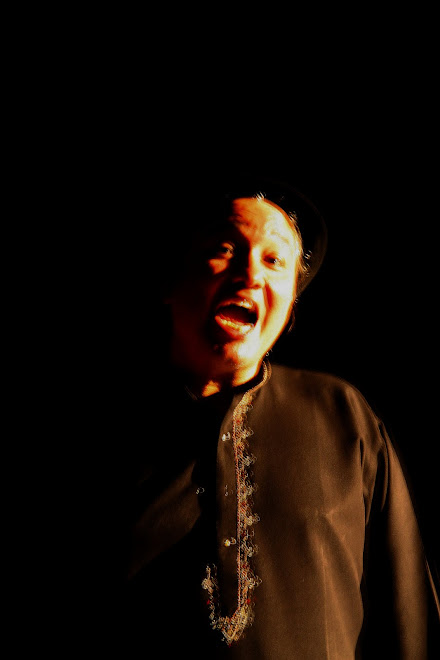The Poetry of Carlos Manuel Rivera
Very few poets are able to navigate the treacherous waters of urban poetry and mysticism: Francisco de Quevedo, Federico García Lorca, Ernesto Cardenal. How does one go from the purity of Saint John of the Cross to the asperity of Miguel Piñero? How does one careen through the retruécano of Saint Teresa of Avila and the street-smart attitude of Piri Thomas? Carlos Manuel Rivera embarks on a poetic journey that flits on the classical breezes of the Spanish Renaissance (Garcilaso de la Vega, Fray Luis de Leon, Gutierre de Cetina) and rides the impetuous winds of modern US Latino poetry (Pedro Pietri, Miguel Algarín, Tato Laviera, Pat Mora). He does this with the awareness that historically readers tend to prefer such poets and traditions.
Unfortunately, academia has not always been able to examine or compare the verses of these “diametrically opposed” poets. Purity versus impurity. Tradition versus innovation. The same old debates and prejudices. The poetry of Carlos Manuel Rivera, in many ways, represents the link between these supposed opposites. His training as an actor has given him the tools to approach the immediacy of urban poetry. His discipline as a Spanish scholar has enabled him to embrace and understand the traditions of classical Hispanic poetry. And yes, the reader will be able to perceive the innovation of such a marriage: neologisms, a new syntax, and daring verses. His poetry represents a challenge for any translator. But we willingly accept this challenge, knowing that the poet-sailor understands the compass of his poetry. He is the spiritual son of Sor Juana Ines de la Cruz and the accomplice in arms of Lorna Dee Cervantes.
Vibrant poetry – no matter the country of origin, the language, syntax or century – is guided by knowledge of the past, the present we traverse and the stars on the horizon. Study, observation and passion for the word are the instruments that guide the poet, the sextant that aligns the celestial milestones, to arrive at distant harbors; some familiar and others filled with new realities. The poet learns to navigate the treacherous currents of creation employing the lessons of the past combined with the innovations of contemporary insight that extend to the elaboration of different levels of interpretation.
This layering effect of the poetry leads to the challenge of translating the poetry faithfully: reflecting the lexicon of the writing while portraying its poetic nature; creating the lexicon to match the innovative vocabulary while capturing the intrinsic clues of the syntax. The poetry in this selection brings together the traditional and the contemporary; taking us on a voyage that leads to tierra firme, where we see the connections between the point of departure and new ports-of-call.







No comments:
Post a Comment